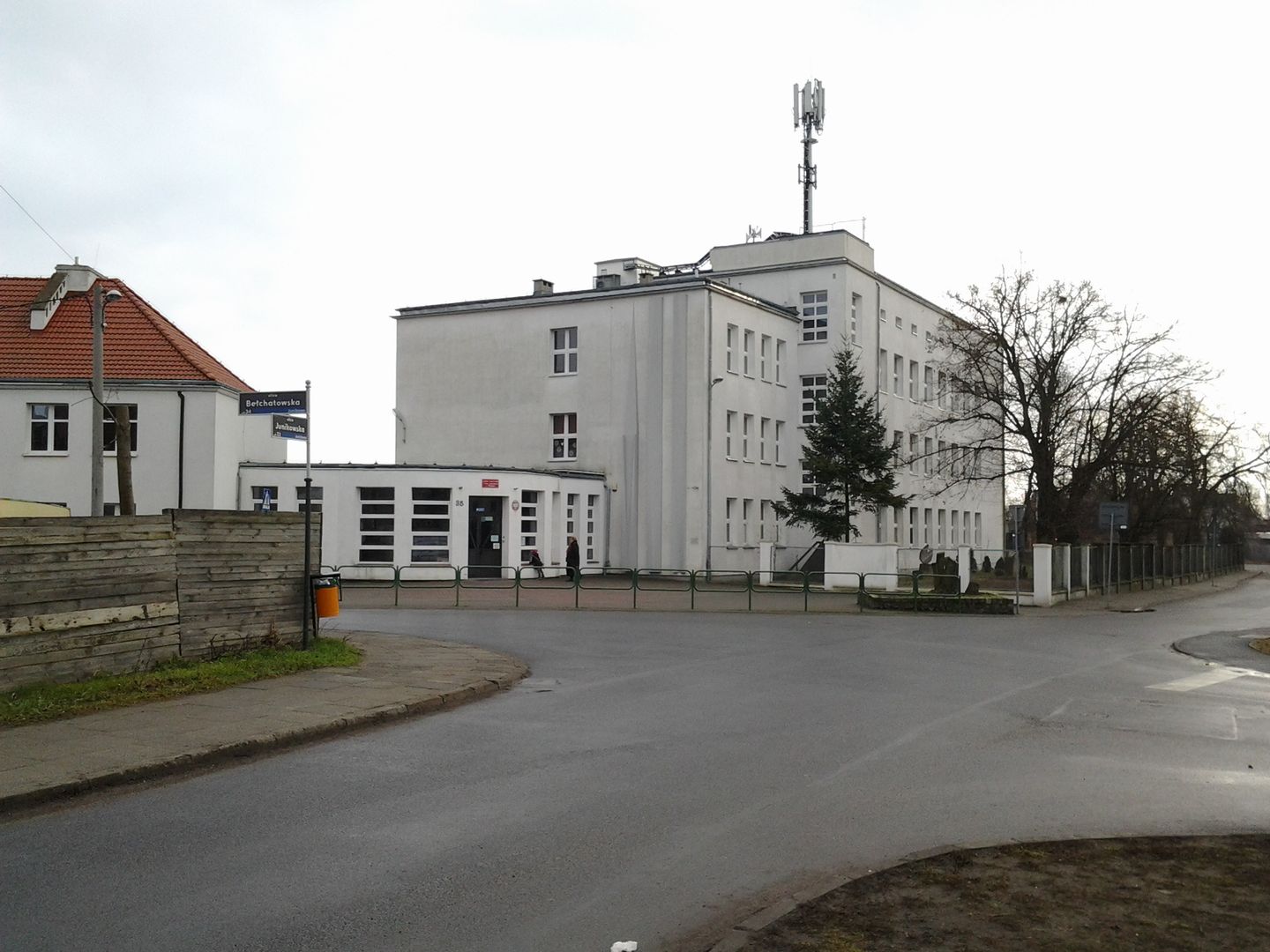Junikowo
6.14

Overview
Junikowo is a district of Poznań characterized primarily by single-family housing. The area features significant sites such as the city's largest municipal cemetery, the Rev. Feliks Michalski Park, and public institutions including the Tax Office, the District Court, and various Social Insurance Institution departments. In terms of education, Junikowo is home to renowned universities like Adam Mickiewicz University and the Karol Marcinkowski University of Medical Sciences, as well as a primary school and an art lyceum. The district also hosts the pharmaceutical company GlaxoSmithKline and the MPK Poznań tram depot.
The history of Junikowo dates back to 1287, when Duke Przemysł II granted the village to the chapter of Poznań Cathedral. From its earliest days, the village faced challenges, including restrictions on religious practices. The 19th century brought rapid development, particularly after the emancipation of peasants in 1832. During the interwar period, the migration of Germans contributed to dynamic growth. Junikowo also endured the trauma of World War II, after which reconstruction efforts included renaming places with a focus on Polish patron saints.
Notable historical tidbits include stories of local chapels, crosses, and destruction carried out by the Germans during World War II, with only a few of these structures surviving to this day. The area once contained an Evangelical cemetery and a frontline Soviet soldiers' cemetery, and construction work has occasionally uncovered the remains of German soldiers.
Junikowo has long been engaged in local community life, exemplified by the activities of the neighborhood council, which organizes various initiatives, including the publication of a local newspaper. Public transportation in the area is well-served by numerous tram and bus lines, as well as a railway station, ensuring excellent mobility for residents.
Location
Tickets
Powered by GetYourGuide
2026 Wizytor | All Rights Reserved